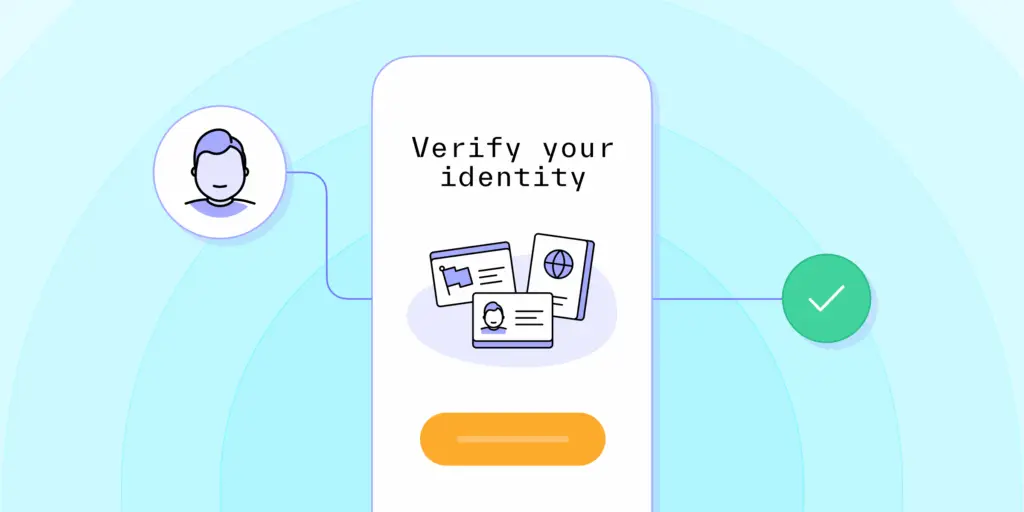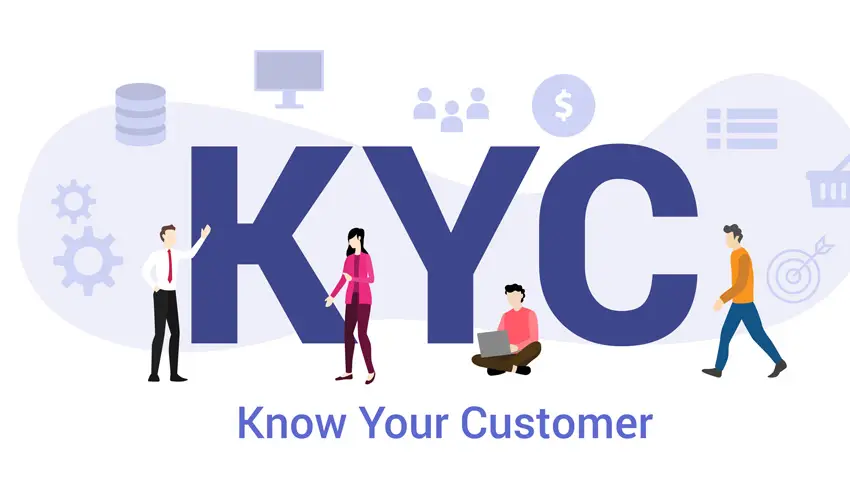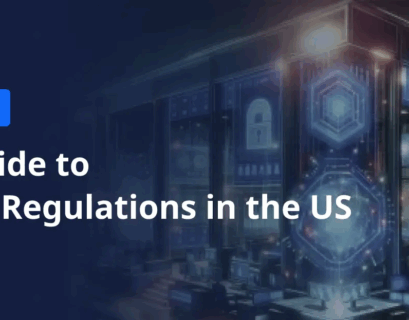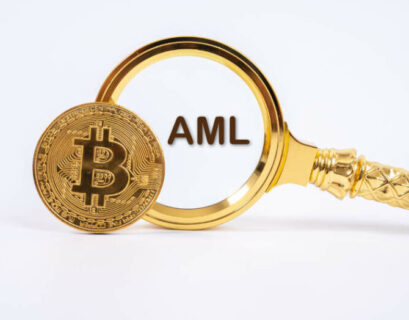You know that moment when you’re signing up for a bank, a crypto exchange, or a shiny new fintech app—and suddenly they hit you with:
“Please upload your passport, a utility bill, and a selfie holding your ID.”
Your first thought: “Seriously? Do I look like I’m trying to rob the bank?”
Relax. That’s KYC at work—and it’s here to save you from… well, scammers and bad guys.
So, What Is KYC Anyway?
KYC stands for Know Your Customer.
In plain English: it’s how companies check that you are who you say you are before they let you move money, invest, or use their services.
Think of it like dating—but for money:
Are you really who you claim to be?
Where’s your money coming from?
Are you a potential risk? (No fraud, please!)

Why Bother With KYC?
It might feel like paperwork overkill, but there’s a method to the madness:
Stop Financial Crime
Criminals love trying to sneak dirty money through banks and apps. KYC makes it way harder for them to succeed.
Prevent Fraud
Imagine if someone opened an account in your name and bought a yacht with your cash. Yeah… KYC stops that.
Follow the Law
Governments require banks, FinTech’s, and other companies to do KYC. Skip it, and fines can be massive.
Build Trust
When companies know their customers, everyone feels safer—like a neighbourhood with a watchful dog.
What KYC Usually Involves
Depending on where you are and how much money is involved, KYC can be simple or intense. Usually, it includes:
Basic info: Name, address, date of birth.
ID documents: Passport, driver’s license, or national ID.
Proof of address: Utility bill, bank statement, or lease agreement.
Selfie check: Some apps ask for a live photo to make sure it matches your ID.
High rollers or suspicious cases? They might also ask for your source of funds, like payslips or contracts.
KYC in Real Life
Think of KYC like airport security. Most of us glide through with a quick ID scan. But if you’re carrying 27 suitcases full of suspicious-looking stuff… someone’s going to ask questions.
It can feel annoying to upload a bunch of documents—but those extra steps protect everyone. Fraudsters get blocked, your money stays safe, and companies stay on the right side of the law.
Bottom Line
KYC isn’t about creating hassle. It’s about keeping your money—and the financial system—safe.
So, the next time an app asks for a selfie with your passport, don’t sigh. Think of it as:
“Yep, I’m officially a verified human. No scammers allowed.”












